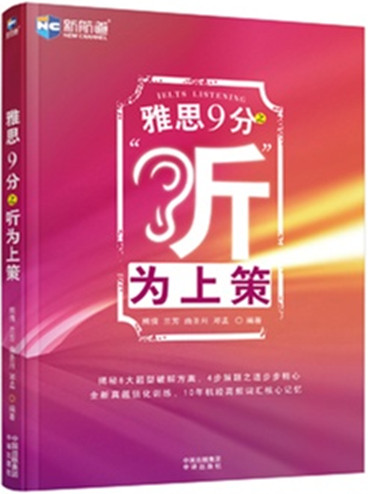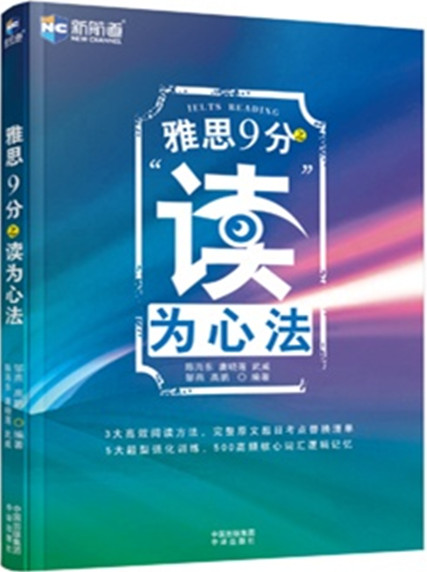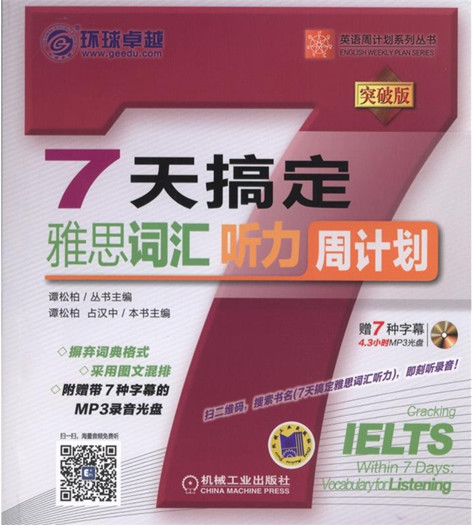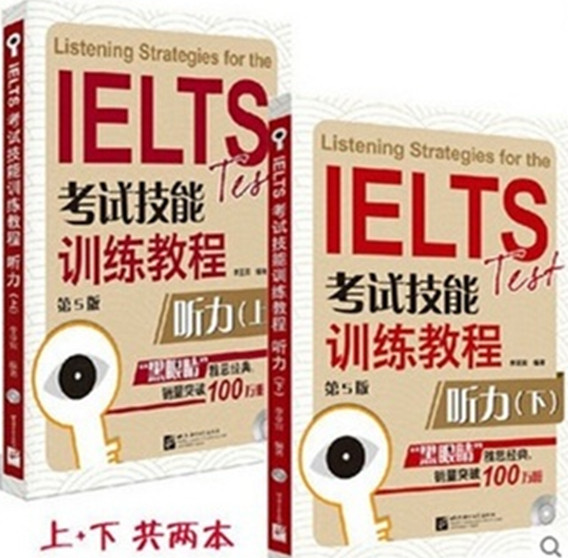2017雅思閱讀長難句例句分析(5)
2017雅思閱讀長難句例句分析(5)
Food agency takes on industry over junk labels
Felicity Lawrence
Thursday December 28, 2006
The Guardian
1. Consumers are to be presented with two rival new year advertising campaigns as the Food Standards Agency goes public in its battle with the industry over the labelling of unhealthy foods.
2. The Guardian has learned that the FSA will launch a series of 10-second television adverts in January telling shoppers how to follow a red, amber and green traffic light labelling system on the front of food packs, which is designed to tackle Britain's obesity epidemic.
3. The campaign is a direct response to a concerted attempt by leading food manufacturers and retailers, including Kellogg's and Tesco, to derail the system. The industry fears that traffic lights would demonise entire categories of foods and could seriously damage the market for those that are fatty, salty or high in sugar.
4. The UK market for breakfast cereals is worth £1.27bn a year and the manufacturers fear it will be severely dented if red light labels are put on packaging drawing attention to the fact that the majority are high in salt and/or sugar.
5. The industry is planning a major marketing campaign for a competing labelling system which avoids colour-coding in favour of information about the percentage of "guideline daily amounts" (GDAs) of fat, salt and sugar contained in their products.
6. The battle for the nation's diet comes as new rules on television advertising come into force in January which will bar adverts for unhealthy foods from commercial breaks during programmes aimed at children. Sources at the TV regulators are braced for a legal challenge from the industry and have described the lobbying efforts to block any new ad ban or colour-coded labelling as "the most ferocious we've ever experienced".
7. Ofcom's chief executive, Ed Richards, said: "We are prepared to face up to any legal action from the industry, but we very much hope it will not be necessary." The FSA said it was expecting an onslaught from the industry in January. Senior FSA officials said the manufacturers' efforts to undermine its proposals on labelling could threaten the agency's credibility.
8. Terrence Collis, FSA director of communications, dismissed claims that the proposals were not based on science. "We have some of the most respected scientists in Europe, both within the FSA and in our independent advisory committees. It is unjustified and nonsensical to attack the FSA's scientific reputation and to try to undermine its credibility."
9. The FSA is understood to have briefed its ad agency, United, before Christmas, and will aim to air ads that are "non-confrontational, humorous and factual" as a counterweight to industry's efforts about the same time. The agency, however, will have a tiny fraction of the budget available to the industry.
10. Gavin Neath, chairman of Unilever UK and president of the Food and Drink Federation, has said that the industry has made enormous progress but could not accept red "stop" signs on its food.
11. Alastair Sykes, chief executive of Nestlé UK, said that under the FSA proposals all his company's confectionery and most of its cereals would score a red. "Are we saying people shouldn't eat confectionery? We're driven by consumers and what they want, and much of what we do has been to make our products healthier," he said.
12. Chris Wermann, director of communications at Kellogg's, said: "In principle we could never accept traffic light labelling."
13. The rival labelling scheme introduced by Kellogg's, Danone, Unilever, Nestlé, Kraft and Tesco and now favoured by 21 manufacturers, uses an industry-devised system based on identifying GDAs of key nutrients. Tesco says it has tested both traffic lights and GDA labels in its stores and that the latter increased sales of healthier foods.
14. But the FSA said it could not live with this GDA system alone because it was "not scientific" or easy for shoppers to understand at a glance.
- 12018-04-042018雅思閱讀精讀:中國的量子網(wǎng)絡(luò)
- 22018-04-04雅思閱讀精讀:人類大腦與機(jī)器實驗
- 32017-07-242017年雅思考試閱讀練習(xí)題(3)
- 42017-07-242017年雅思考試閱讀練習(xí)題(2)
- 52017-07-242017年雅思考試閱讀練習(xí)題(1)
編輯推薦
- 模擬試題
- 歷年真題





